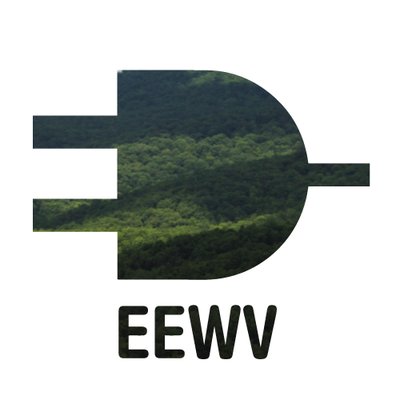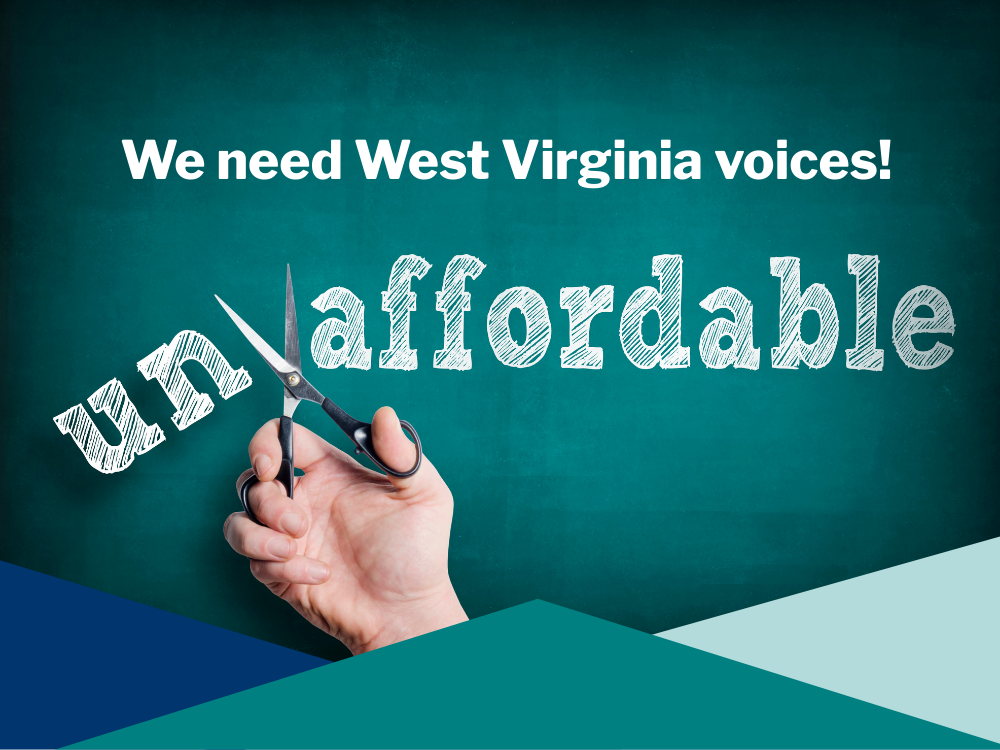- Like
- Digg
- Del
- Tumblr
- VKontakte
- Buffer
- Love This
- Odnoklassniki
- Meneame
- Blogger
- Amazon
- Yahoo Mail
- Gmail
- AOL
- Newsvine
- HackerNews
- Evernote
- MySpace
- Mail.ru
- Viadeo
- Line
- Comments
- Yummly
- SMS
- Viber
- Telegram
- Subscribe
- Skype
- Facebook Messenger
- Kakao
- LiveJournal
- Yammer
- Edgar
- Fintel
- Mix
- Instapaper
- Copy Link
HB 2534, the Local Energy Efficiency Partnership (LEEP) Act is in the House Energy Committee and must be passed by both the House Energy and Finance Committees before it can be voted on by the full House. Time is running out to get the bill passed and over to the Senate.
Please contact members of the House Energy Committee and Chair Bill Anderson (R-Wood) now and urge them to support HB 2534.
Contact the members of the House Energy Committee and your delegate(s) now and urge their support for HB 2534!
Some pointers for contacting legislators:
1.) Be polite, professional, and respectful. Politicians are people, too.
2.) If you have a personal story about energy efficiency and how it makes your life better, include that in the letter!
3.) Ask for a response in writing.
4.) Consider including some of the following points:
- LEEP will bring jobs to the state that can’t be exported. Most of the jobs created by energy efficiency are in construction and installation, which stay in the regions where energy efficient building projects occur.
- LEEP costs taxpayers nothing, either at the state or local level. The only people who have any costs under LEEPs are the owners of buildings who get energy efficiency upgrades through the funding mechanism. The local government administering LEEP can charge the building owner a fee to cover their staff costs.
- LEEP is permissive. The LEEP Act doesn’t require communities to adopt it, so no community will be forced to implement LEEP.
- LEEP makes it easier to do business in the state – it is a tool for businesses to use to lower their operating costs.
- LEEP protects business owners. It encourages local banks to lend money to businesses, and protects both the bank and the business owner.
- LEEP helps businesses cut energy costs without using their credit line. LEEP financing stays with the property, rather than with the property owner. That way the business paying for the energy-saving improvements is also the one benefiting from reduced energy bills. No business owner wants to get stuck paying for energy upgrades to a building they no longer use. LEEP prevents that from happening.
Thank you for taking action to support the LEEP Act!



